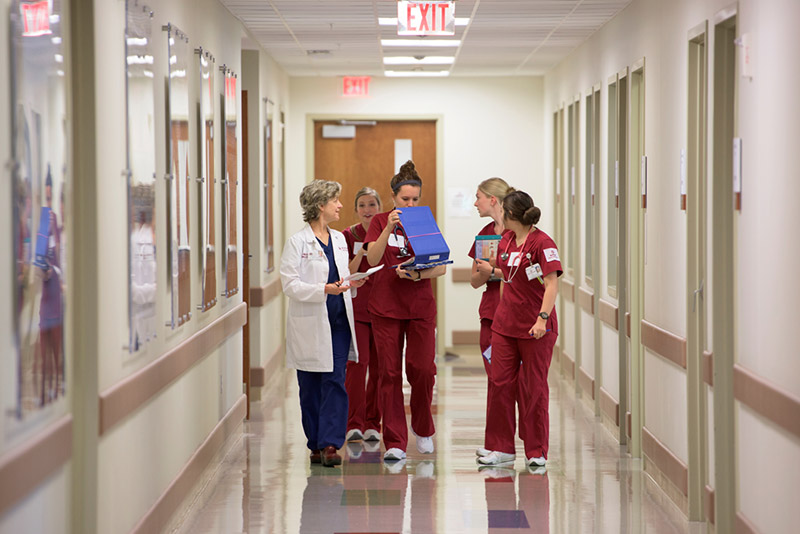Education and Training
Post Graduate Clinical Social Work Fellowship
The Social Work Post Graduate Program provides a 1-2 year post-master's graduate training with extensive clinical experience, supervision, and educational opportunities in clinical social work while working towards independent licensure.
